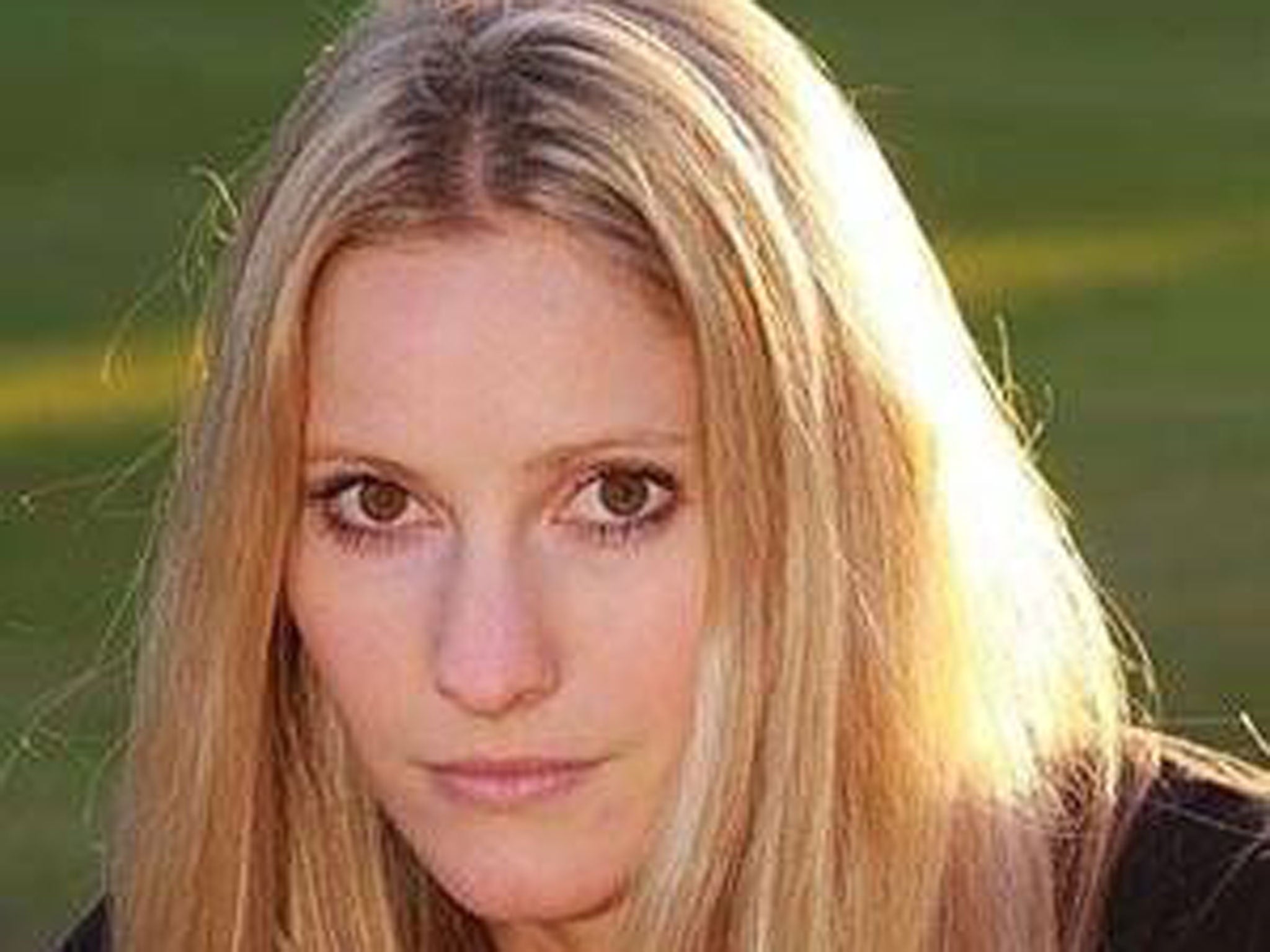Discrimination: Everyday Sexism Project takes the fight to Facebook

Your support helps us to tell the story
From reproductive rights to climate change to Big Tech, The Independent is on the ground when the story is developing. Whether it's investigating the financials of Elon Musk's pro-Trump PAC or producing our latest documentary, 'The A Word', which shines a light on the American women fighting for reproductive rights, we know how important it is to parse out the facts from the messaging.
At such a critical moment in US history, we need reporters on the ground. Your donation allows us to keep sending journalists to speak to both sides of the story.
The Independent is trusted by Americans across the entire political spectrum. And unlike many other quality news outlets, we choose not to lock Americans out of our reporting and analysis with paywalls. We believe quality journalism should be available to everyone, paid for by those who can afford it.
Your support makes all the difference.Stepping up its relentless campaign against casual misogyny, the Everyday Sexism Project, which documents “everyday experiences of sexism to prove how bad the problem is and create solidarity”, is taking on one of the world’s most prolific companies in its bid to tackle gender-based discrimination.
In an open letter to Facebook, the London-based movement – which has nearly 50,000 Twitter followers – demands “swift, comprehensive and effective action addressing the representation of rape and violence on [its site]”.
To this end, the equality crusaders – masterminded by Laura Bates – is urging the world’s most popular social networking site (whose CEO Sheryl Sandberg’s recent bestseller Lean In calls on women to stand up for themselves in the workplace) “to contact advertisers whose ads appear next to content that targets women for violence, to ask these companies to withdraw from advertising on Facebook until you… ban gender-based hate speech on your site”.
The letter points out that pages such as "Violently Raping Your Girlfriend Just for Laughs" legitimise gender-based violence at a time when one of the two women murdered in Britain each week dies at the hands of a partner or former partner.
A spokesman for Facebook said: “There is no place on Facebook for hate speech or content that is threatening, or incites violence… [However] distasteful content on its own does not violate our policies.”
Join our commenting forum
Join thought-provoking conversations, follow other Independent readers and see their replies
Comments